Maritime security is a vital aspect of the shipping industry, as it protects the lives and property of seafarers, passengers, cargo, and port facilities from various threats and risks. To ensure that seafarers are competent and qualified to perform their security duties and responsibilities on board ships and at port facilities, the International Maritime Organization (IMO) has included the competencies related to security in the International Convention on Standards of Training, Certification and Watchkeeping for Seafarers (STCW), which sets the minimum standards of training and certification for seafarers worldwide.
The STCW Convention includes a chapter on maritime security, which incorporates the provisions of the International Ship and Port Facility Security (ISPS) Code. The ISPS Code is a comprehensive framework that requires all parties involved in international maritime trade to cooperate and coordinate their security efforts, to prevent and respond to security incidents that may affect ships or port facilities.
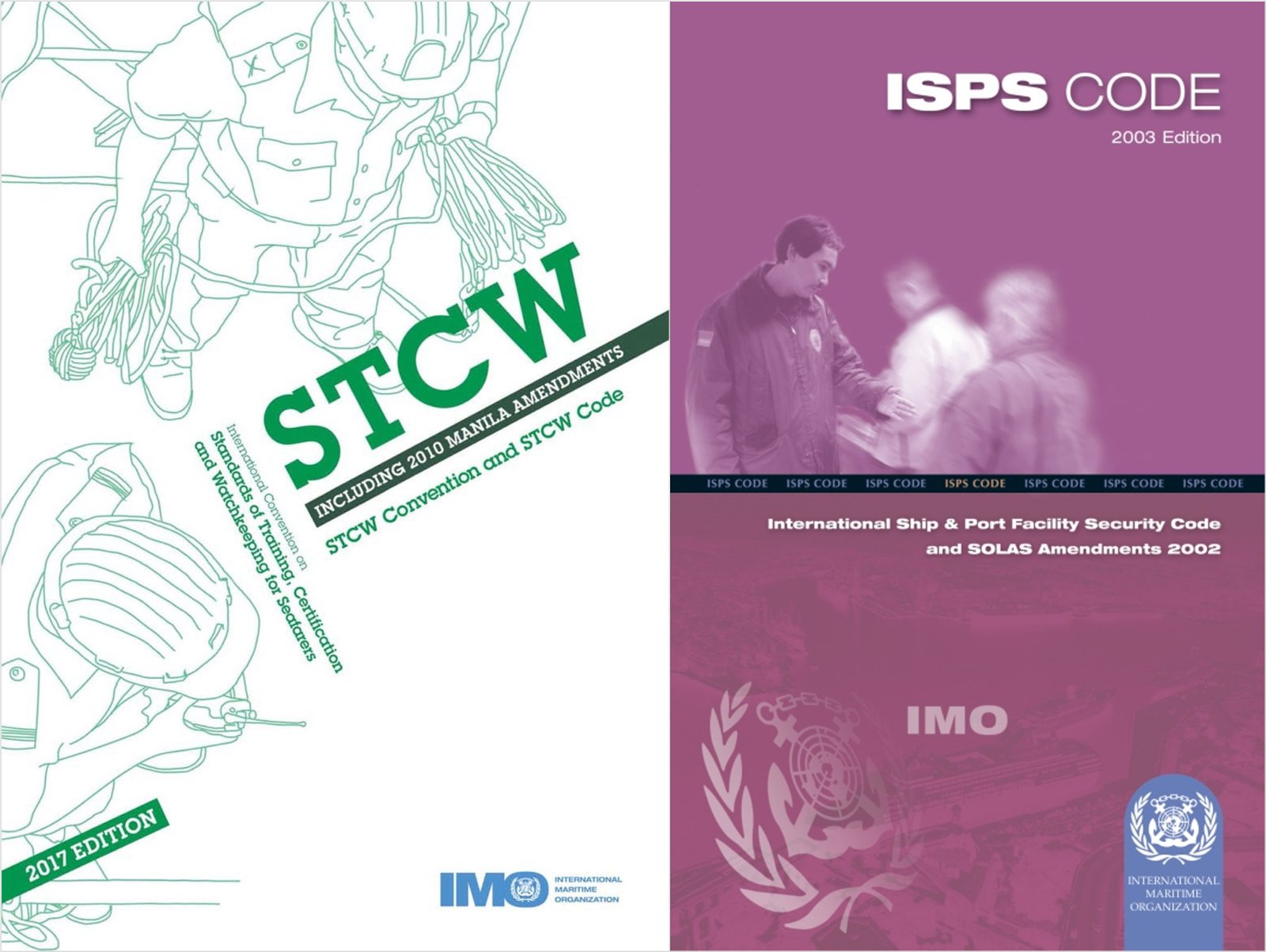
What security-related certificate do you need to work onboard the ship?
Depending on your role and function on board a ship or at a port facility, you may need one of the following STCW certificates related to maritime security:
Security Awareness (SA): This certificate is required for all seafarers who do not have designated security duties, but who need to be aware of the security threats and measures on board a ship or at a port facility. To obtain this certificate, you need to complete an approved course that covers the basic principles of maritime security, such as recognizing security threats, reporting security incidents, and following security procedures.
Ship Personnel with Designated Security Duties (SP DSD): This certificate is required for seafarers who have specific security tasks assigned to them by the ship security plan or the port facility security plan. These tasks may include conducting security patrols, controlling access to restricted areas, operating security equipment, or responding to security emergencies. To obtain this certificate, you need to complete an approved course that covers the knowledge and skills required to perform your designated security duties effectively.
Ship Security Officer (SSO): This certificate is required for seafarers who are designated by the shipping company as the person in charge of the security on board a ship. The SSO is responsible for implementing and maintaining the ship security plan, conducting security inspections and assessments, coordinating with other security officers and authorities, and managing security incidents. To obtain this certificate, you need to complete an approved course that covers the advanced aspects of maritime security, such as developing and updating the ship security plan, conducting risk analysis and audits, training and supervising other security personnel, and handling complex security situations.

What is an approved STCW course?
An approved STCW course is a training program that meets the standards of training, set by the IMO. An approved STCW course must be accredited by a maritime administration of an IMO member country that is on the white list.
What are the examples of the shipboard roles and certificates necessary for them?
If you work on board a passenger ship or a cargo ship, you may need different types of maritime security certificates depending on your role. For example:
If you are a chief officer on board a passenger ship or a cargo ship, you will need an SSO certificate, as you are likely to be in charge of the security on board your ship.
If you are an able seaman on board a passenger ship or a cargo ship, you will need an SP DSD certificate, as you are likely to have some security tasks assigned to you by the ship security plan.
If you are a steward on board a passenger ship or a cargo ship, you will need an SA certificate, as you are likely to interact with passengers or crew members who may pose a security threat.
More specifically the training requirements are presented in the shipping company’s training procedures. For instance, certain companies may require all ratings to have a DSD certificate and all officers to have an SSO certificate, although it is not required by the STCW convention.
As you can see, there are different types of maritime security training courses that you may need to take depending on your role and function on board a ship or at a port facility. By completing these courses and obtaining these certificates, you will not only comply with the STCW Convention and the ISPS Code, but also enhance your professional competence and career prospects in the maritime industry.
Please follow the links below to learn more about security-related courses available at Learnmarine:


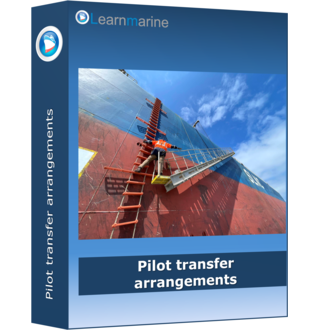
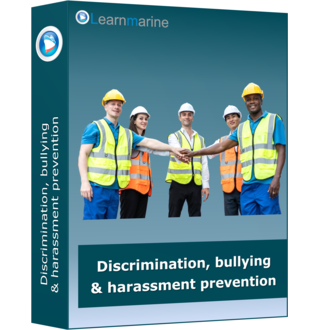
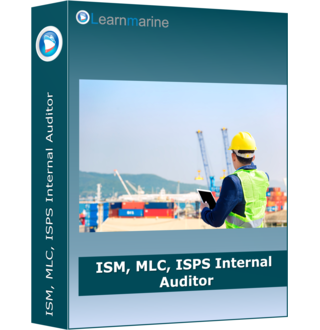
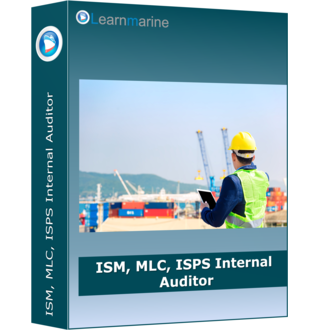

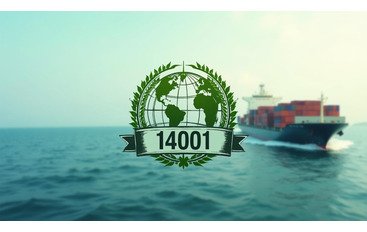
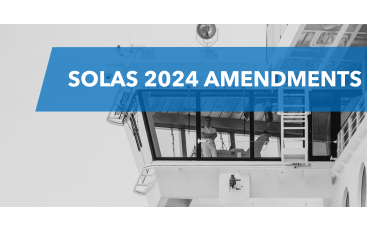
Comments